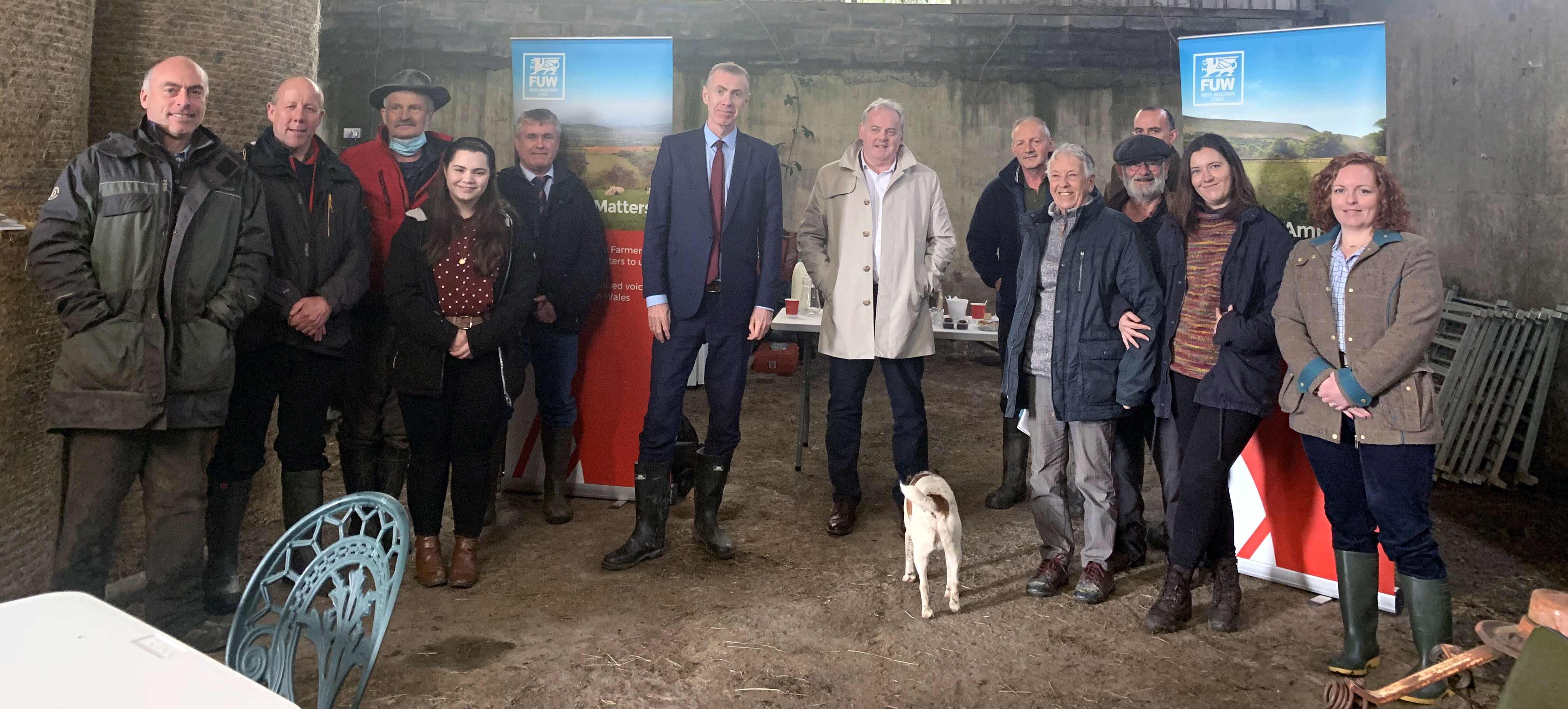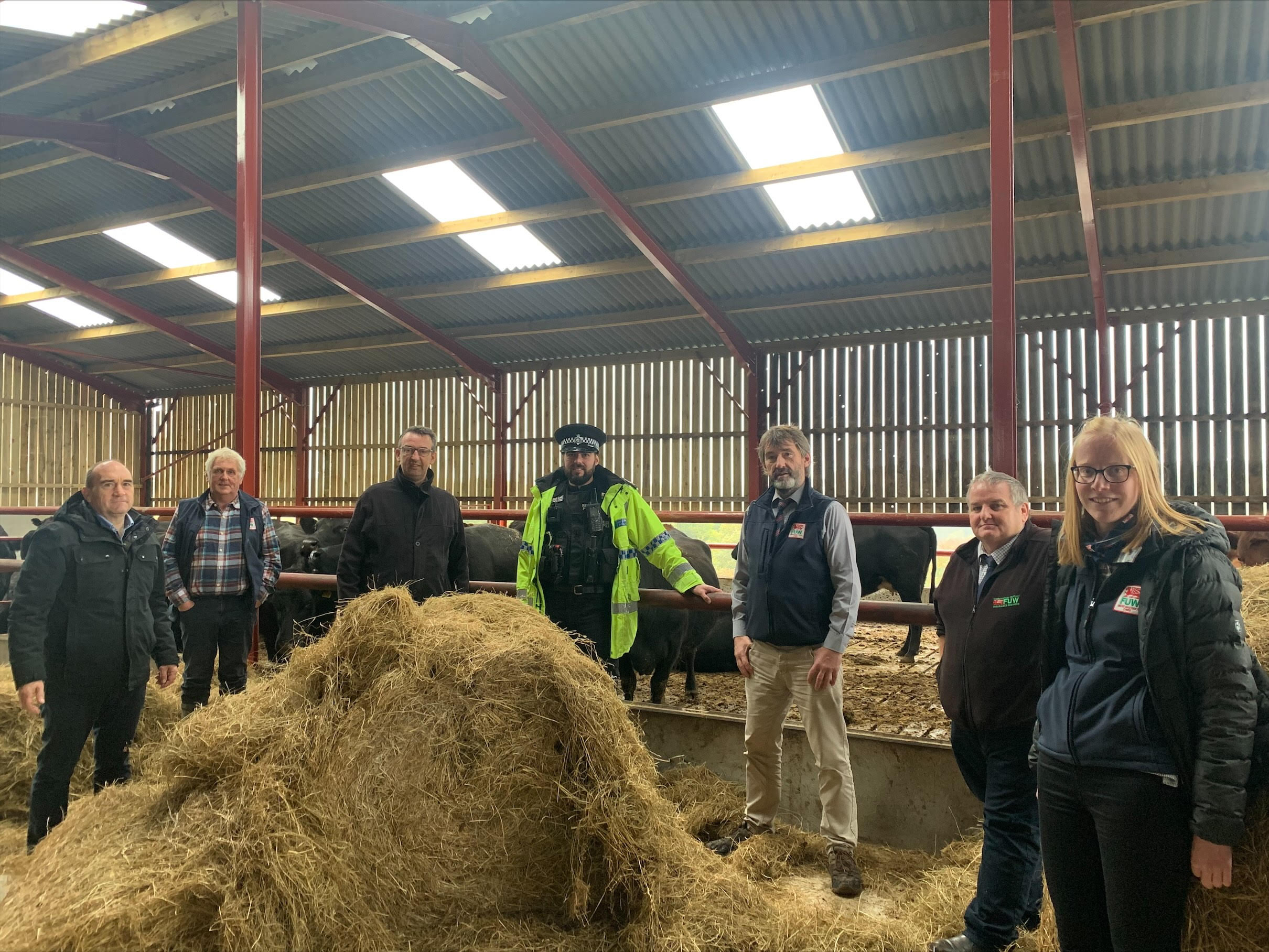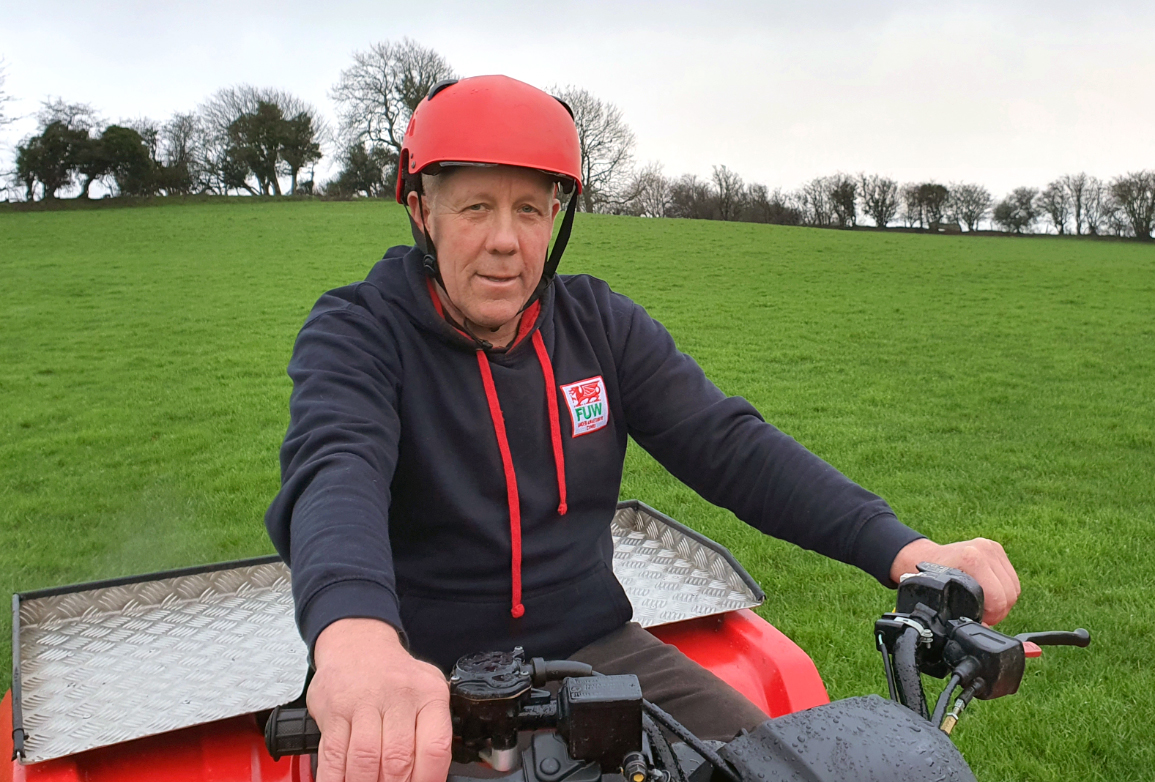
A new survey, run jointly by the National Federation of Women’s Institutes-Wales, CLA, Farmers’ Union of Wales, NFU Cymru and Wales YFC, aims to explore the current state of digital connectivity in Wales.
Following on from the survey held earlier this year, which highlighted that over 50% of respondents from a rural area felt that the internet they had access to was not fast and reliable, the group has met with various stakeholders and hosted a webinar to discuss the issues further at the virtual Royal Welsh Show in July 2021.
The new survey will seek to explore how people feel about the level of communication between themselves and their provider, cost-value of service and further look at how proposed changes to online livestock recording systems are going to affect the farming community.





